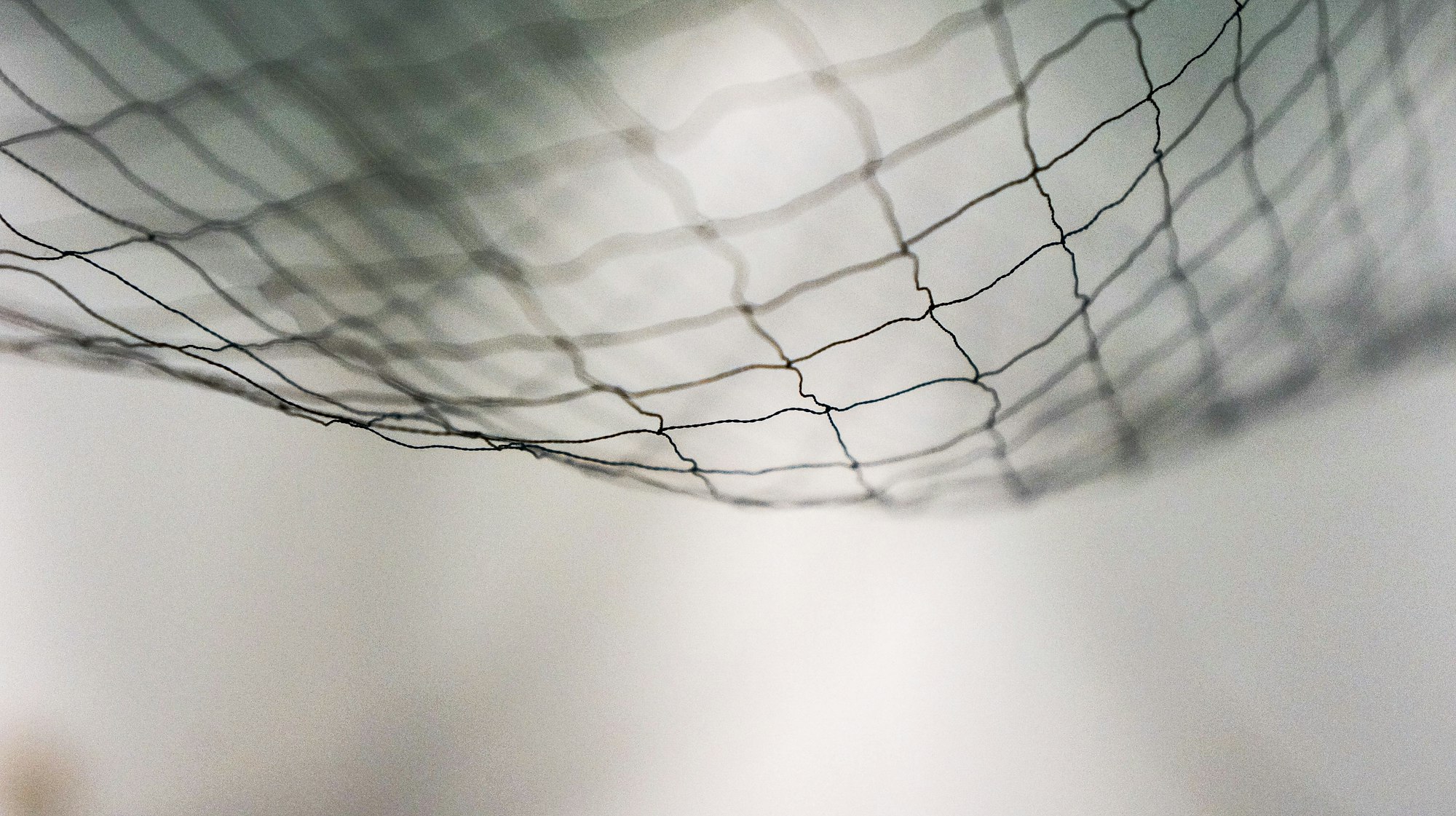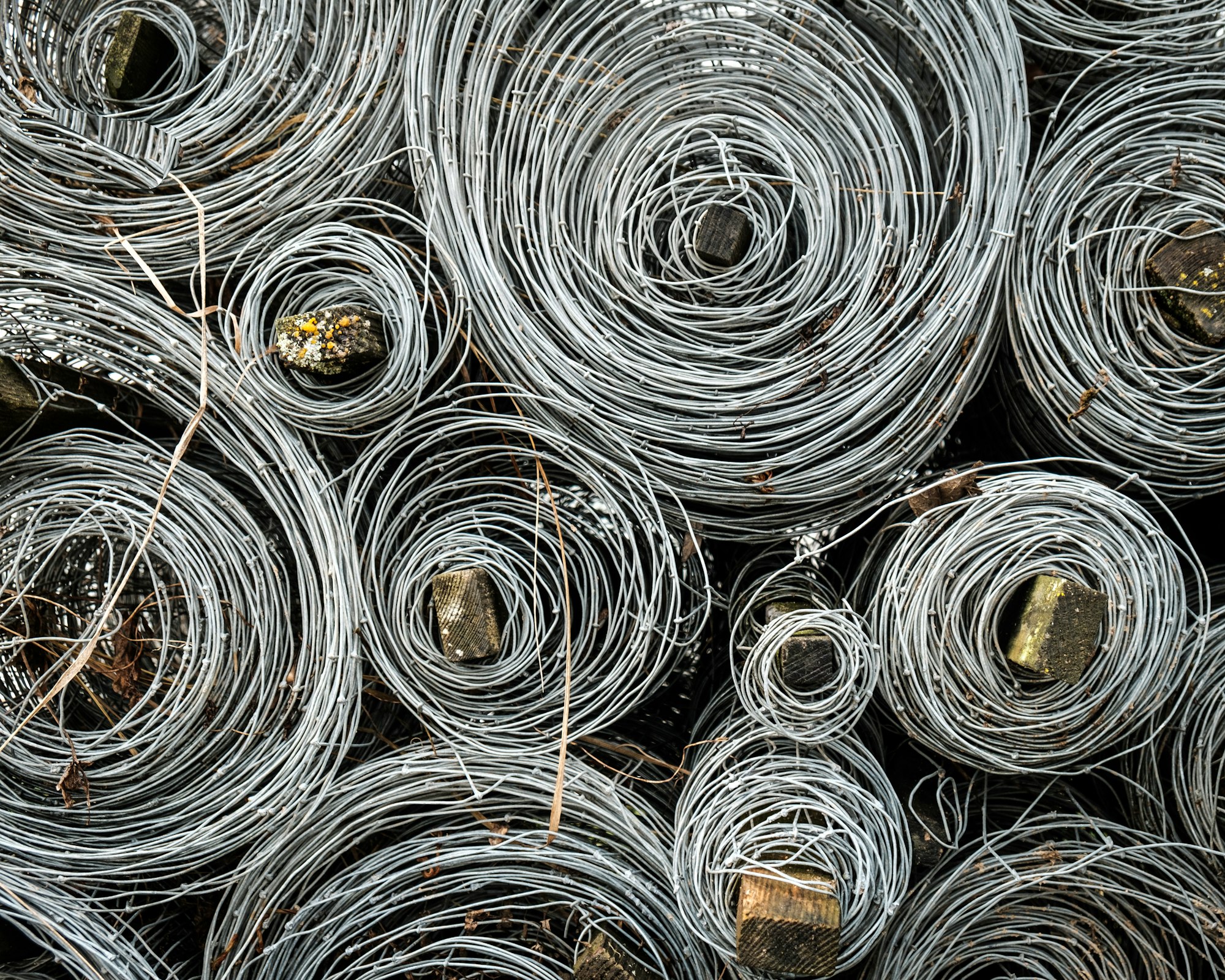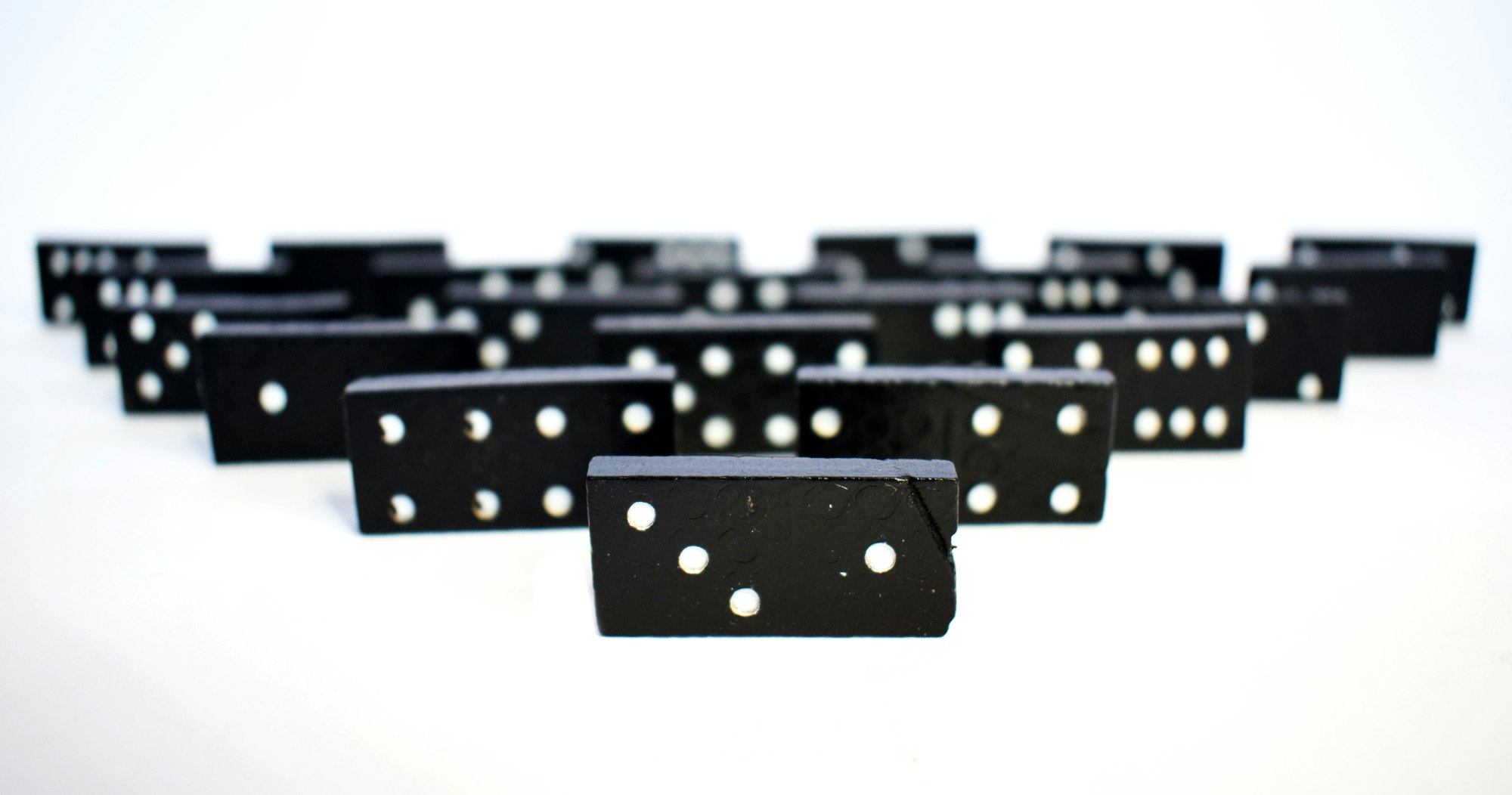
I'm now going to talk about sequences and nets, which often provide an alternative way of describing topological phenomena. I'll also talk about Hausdorff spaces, which have all sorts of nice properties.

The notion of a quotient space will effectively allow us to glue pieces of topological spaces together. This corresponds to the collapsing of equivalent subsets to points which occurs in quotient sets, as I mentioned in my last post.

Quotient sets of $A$ are comprised not of elements of $A$, but of the equivalence classes they fall into. This gives us a powerful method to collapse a set into a smaller set that is in some way still representative of the original set.

Next let's talk about an intuitive way to combine topological spaces to create new spaces which inherit certain characteristics from their parents. We've talked about Cartesian products before in the context of set theory, but what happens if we take the Cartesian product of topological spaces?

A topological space is, at its core, just a set with some additional structure. So what if we want to keep the structure, but change the underlying set? There's an easy and somewhat obvious way to do this.

The concept of continuity is central to the study of topology. So much so, in fact, that whenever anyone talks about a map between topological spaces, they generally expect you to know that they're talking about a continuous map.

It's fairly common to think of open sets as sets which do not contain their boundary, and closed sets as sets which do contain their boundary. The trouble here lies in defining the word 'boundary.'

Essentially, a group is a set endowed with a very basic structure. This structure is enforced by an operation which governs how the elements in the group interact with each other.

Essentially, a basis is a 'small' collection of open sets from which every open set can be easily generated. It is often useful to talk about the topology generated by a specific basis, since many facts about a topology can be gleaned by studying one of its bases.

Before my next post on bases for topologies, I need to introduce a proof technique that I haven't used so far.

There are also many circumstances in which we care about the shape of a space but couldn't care less about distances. For instance, a famous puzzle that influenced the development of the entire field of topology is the problem of the **Seven Bridges of Königsberg**.

Looking back through my first post about metric spaces, it occurred to me that I should probably have emphasized a few things that could be a bit confusing, so let me address those first before pressing forward.











